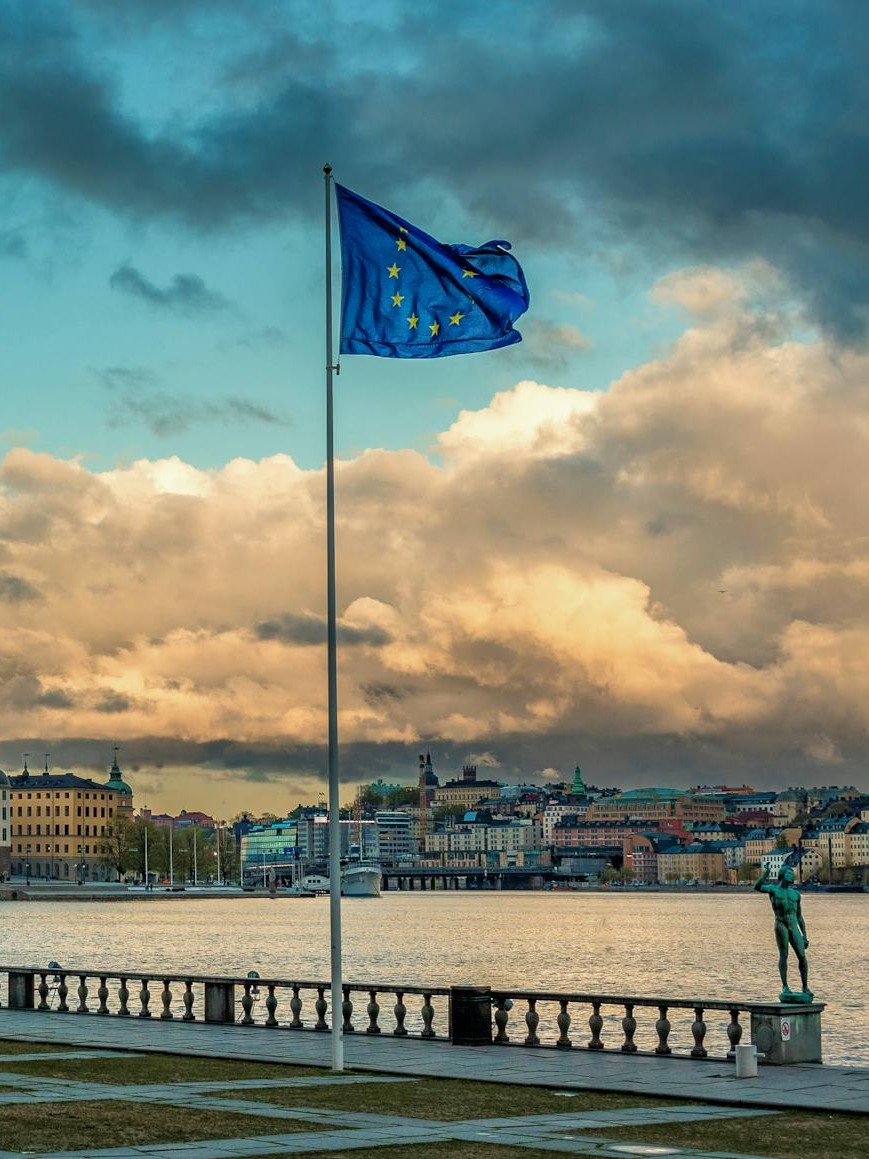CCB´s response to the Call for Evidence of the EU Oceans Pact
What is the Oceans Pact?

The Commission defines this Pact as a political initiative that aims to promote sustainable ocean management and ensure the health, resilience, and productivity of the oceans and thus the prosperity of the EU’s coastal communities. The pact was announced by President Von Der Leyen in her political guidelines for the next European Commission (2024-2029) and aims to bring coherence across all EU policy areas linked to oceans.
The Oceans Pact will target 3 pillars:
- Maintain a healthy, resilient, & productive ocean.
- Promote a sustainable and competitive blue economy, including fisheries & aquaculture.
- Work towards a comprehensive agenda for marine knowledge, research, innovation, & investment.
It will also look at:
- how we affect the ocean
- how the ocean affects coastal communities
- the opportunities that the ocean provides us with
The Oceans Pact will be presented by the EU Commission at the UN Ocean Conference in June 2025.
What CCB thinks is important to include in the Oceans Pact:
For the Oceans Pact to truly benefit the Baltic Sea we need it to be ambitious and include legally binding targets benefiting the marine environment and biodiversity (e.g. goals on marine protection of 30 % by 2030 or good environmental status).
In particular, for CCB the Oceans Pact should:
- be built on legally binding targets to protect, restore and conserve our Oceans.
- outline coherence between different marine legislation and strategies (e.g. the Marine Strategy Framework Directive, Common Fisheries Policy, Marine Action Plan, the Biodiversity Strategy, the Nature Restoration Regulation, the Water Framework Directive, Renewable Energy Directive, Habitats and Birds Directive and the Natura 2000-network, the Marine Spatial Planning Directive and pressures on the marine environment, such as shipping and Carbon Capture and Storage or commercial and recreational fishing).
- address the large pressure of the Baltic Sea marine environment from land and agriculture.
- bring cooperation to decision-making and management and emphasize the full implementation of existing legislation.
- support the implementation of a just transformation towards a ‘regenerative blue economy’ to the benefit of coastal communities and marine ecosystems.
- create a new Ocean Fund that aligns with the existing legislation to replace the current EMFAF. The Ocean Fund would be used to fund 1) ocean conservation & restoration, and 2) a just transition to a regenerative blue economy. In this context, misuse and/or counterproductive use of funds needs to end, which includes the abolishment of harmful subsidies e.g. fuel for fishing vessels. Instead, a CO2 tax should be implemented on fuel for vessels fishing with harmful mobile bottom-contacting gear.
***
EXTRA RESOURCES
CCB signed and published documents with further recommendations:
- The Blue Manifesto, co-signed with over 140 other NGOs. It includes a roadmap with clear targets for the marine environment.
- CCB position papers pushing for actions towards the 30x10 target by 2030: the MPA and the OECMs papers (published in 2024).

